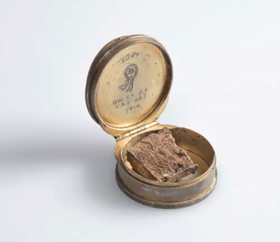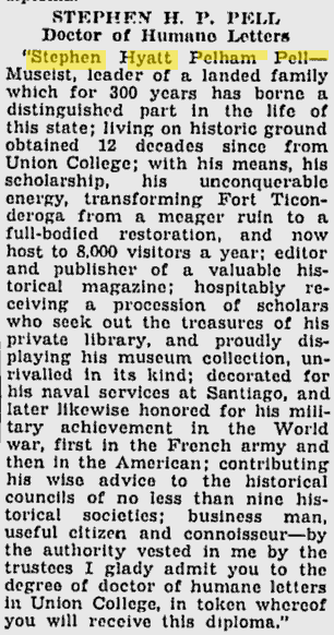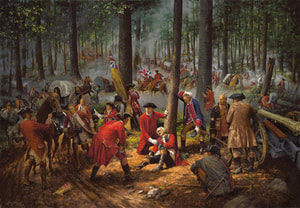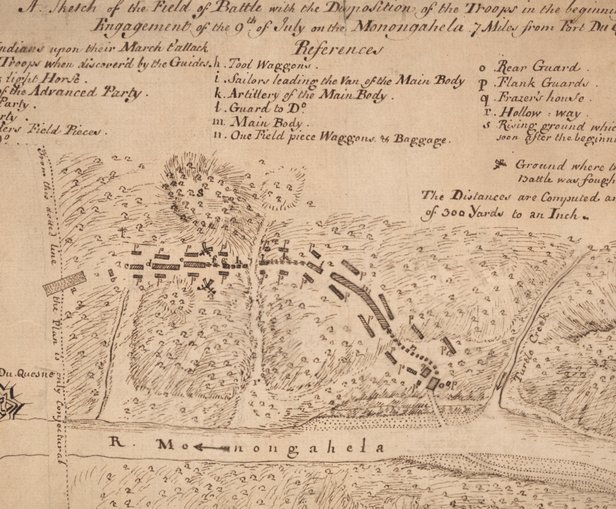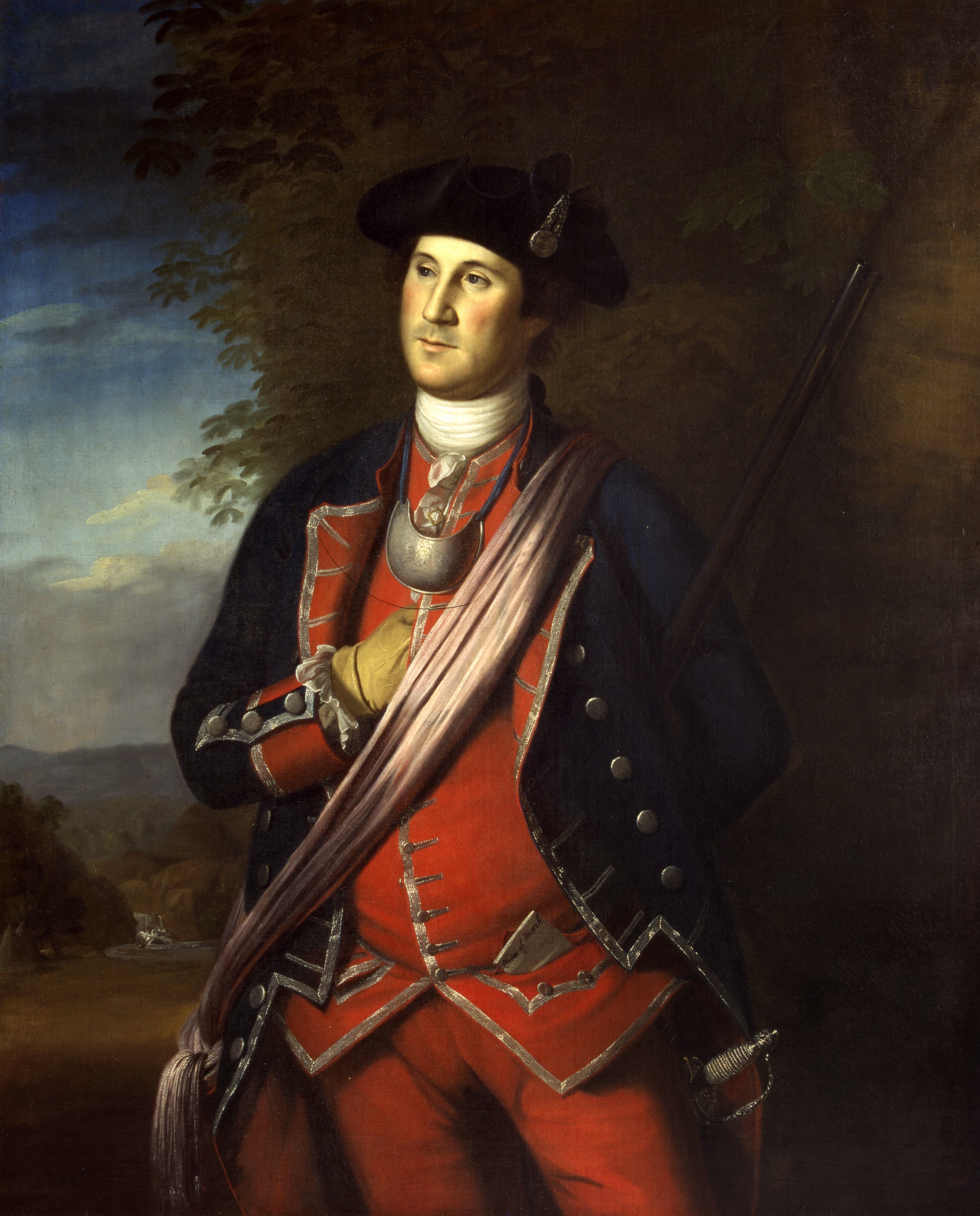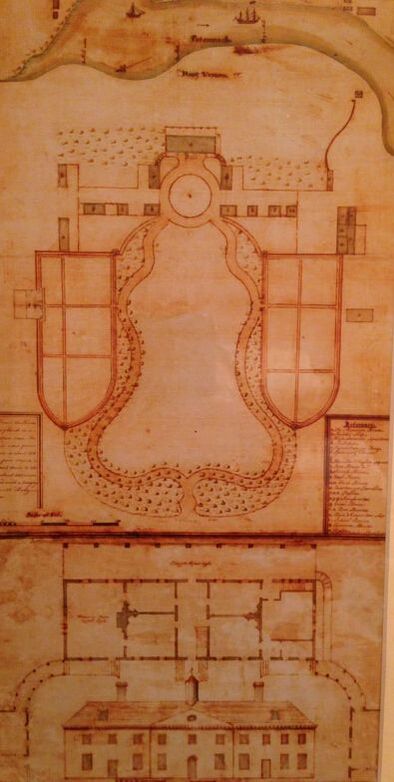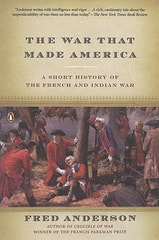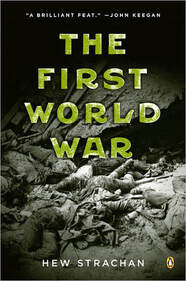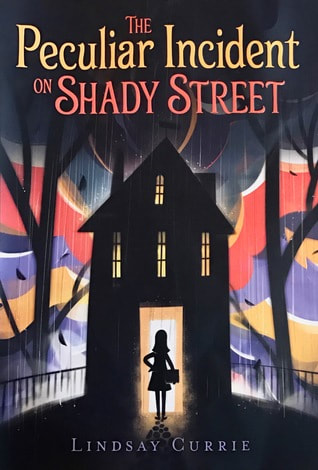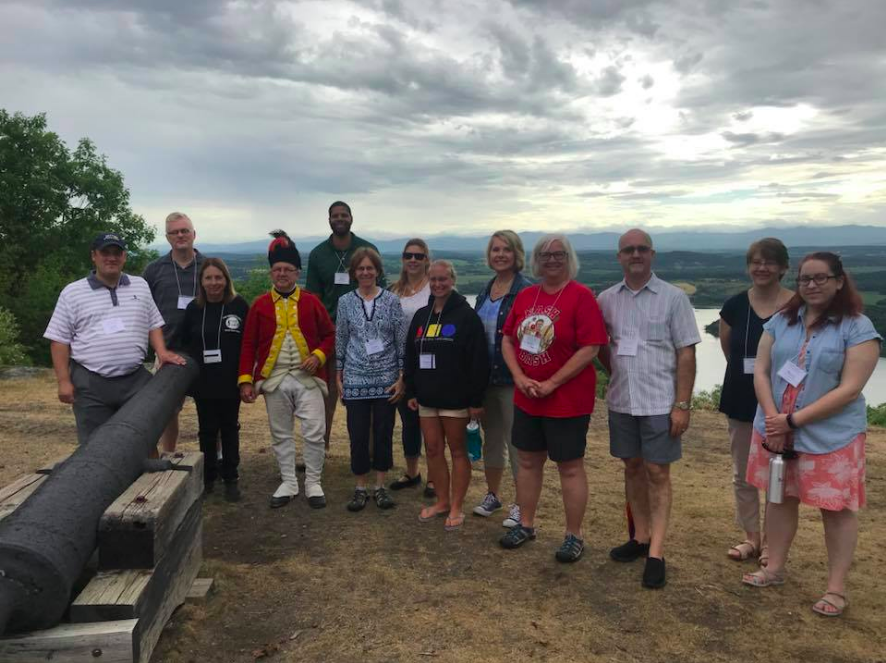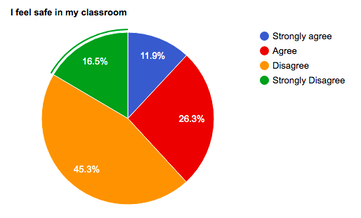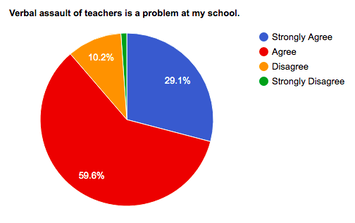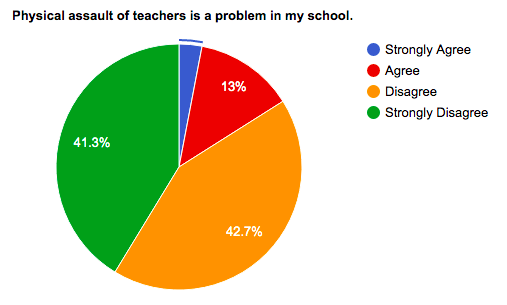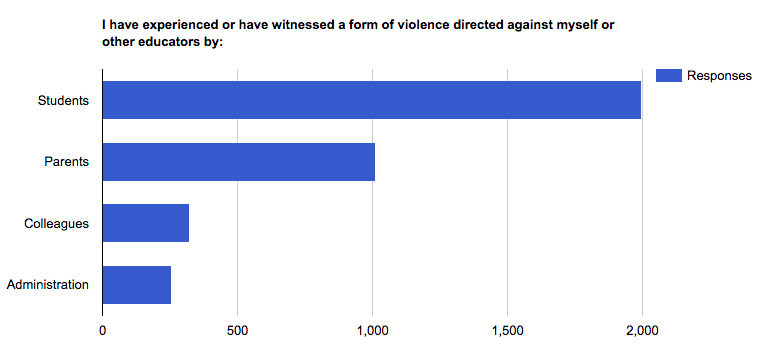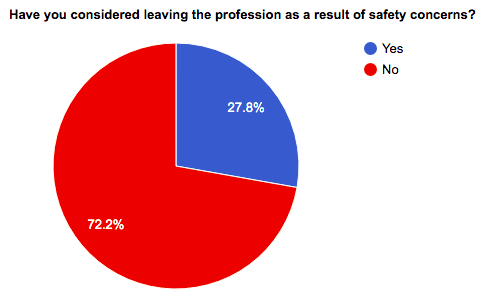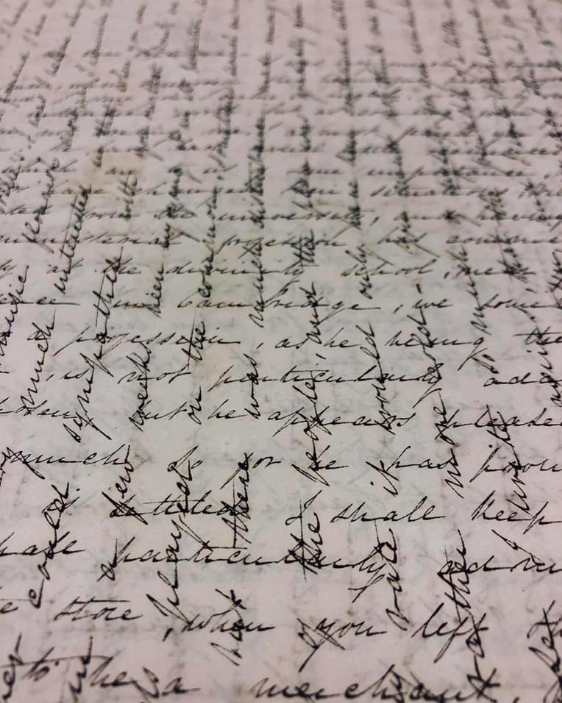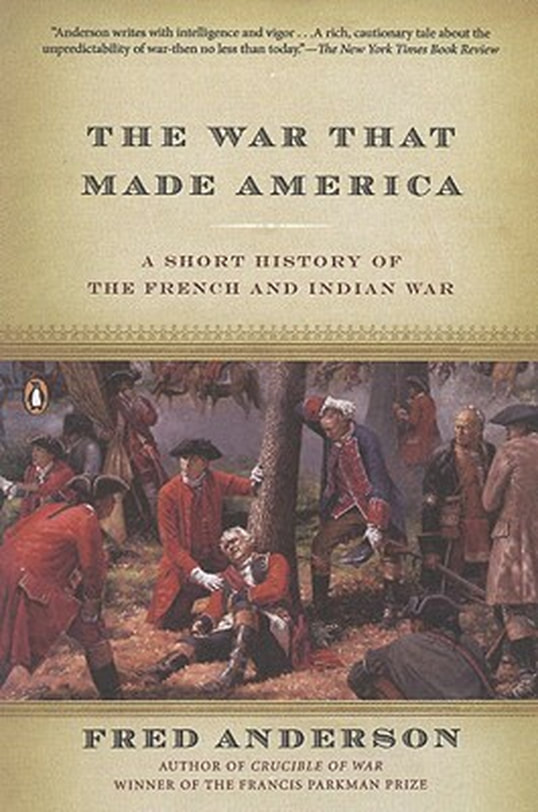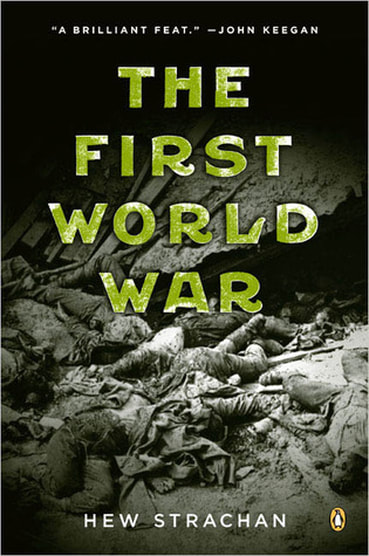| The museum founder at Ticonderoga was a man by the name of Stephen Pell, and a couple of our sessions, this summer, will focus on his experiences during WWI (Stephen Pell’s Great War and Working with Stephen Pell’s Wartime Letters). Naturally, I have never heard of this man, but I did see a recent post on Facebook and Twitter that let me know this: |
During service in WWI, Stephen H.P. Pell, museum founder, was stuck in the leg by a fragment of exploding shell. He had this case made to hold the shell fragment and incorporated the initials and photos of his nurses. This was a personal memento for Mr. Pell, something he held dear, and I look forward to seeing it on display and getting to know Stephen Pell, this summer. Also as a part of the exhibit are Mr. Pell's military uniforms which are featured partially in one of the fort's videos (right). | |
| With more searching, I have discovered that Pell served in both the Spanish-American War and WWI. In the latter, he served in with the French Army in the American Ambulance Service. The the United States entered the war, Pell transferred to the U.S. Army Ambulance Corps. An article in the Schenectady Gazette (left), June 14, 1938, describes Stephen Pell as being from a "landed family" - that is, a family that had long owned land. In fact, he inherited a piece of land, included the ruins of Fort Ticonderoga, from his great grandfather, and in 1908, he began the restoration process for the fort. Born in 1874, Pell became well respected for his collection of Colonial coinage and Indian Peace Medals. He can be seen interacting with guests at the fort at the end of the video below. |
